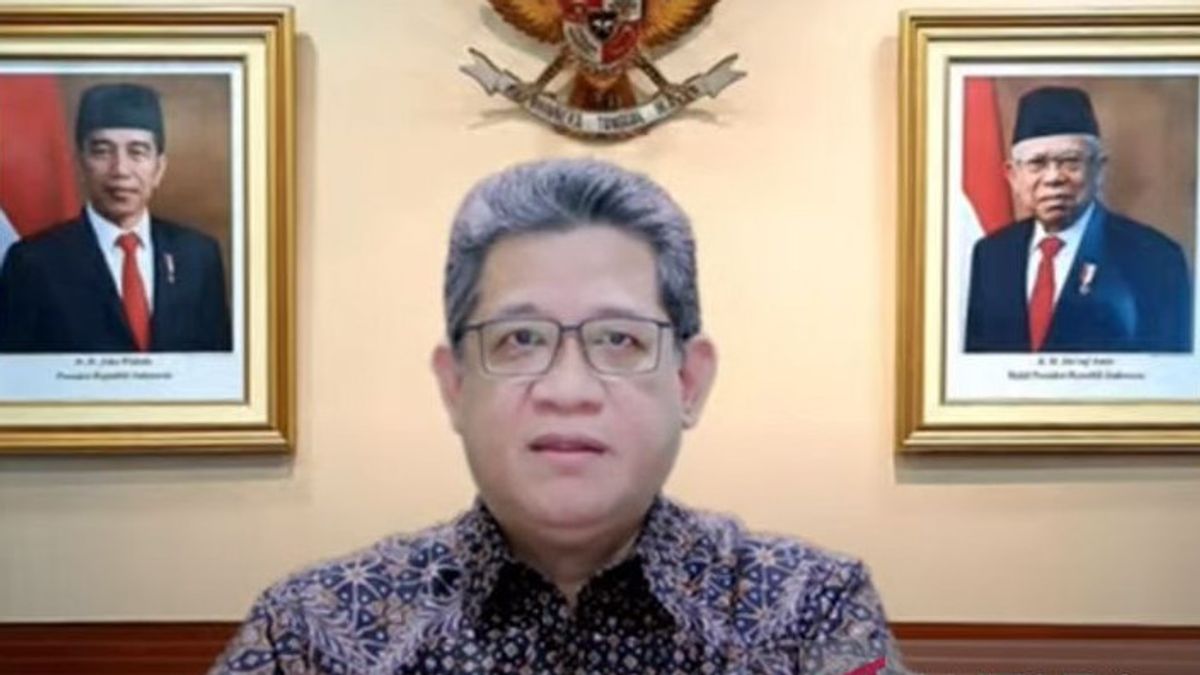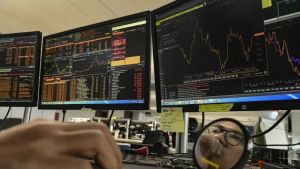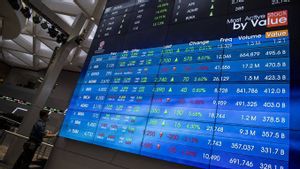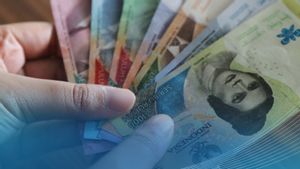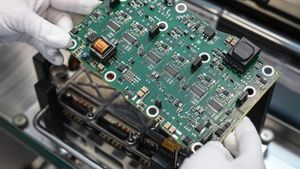PURWOKERTO - Deputy Governor of Bank Indonesia Doni Primanto Joewono said developed countries and developing countries are aware that micro, small and medium enterprises are key players who can be relied on to overcome socio-economic problems and achieve development goals.
"Therefore, the national economic recovery after the COVID-19 pandemic needs to start with the recovery of MSMEs," he said when giving a virtual speech at the international seminar "12th Sustainable Competitive Advance; International Conference, Colloquium, and Call for Papers" with the theme "Empowering MSME Productivity, Inclusive Growth and Innovation in the Digital Era" organized by the Faculty of Economics and Business Unsoed in collaboration with the BI Purwokerto Representative Office, quoted by Antara, Wednesday, October 12.
theoretically, he said, it is impossible for the Indonesian people to recover post-pandemic unless they immediately restore MSMEs.
He said that based on data from the Ministry of Cooperatives and MSMEs (2001) Indonesia has 64.2 million MSMEs with a contribution of 61.07 percent or IDR 8,573.89 trillion to the state GDP.
Of the total number of MSMEs, he continued, some of them are small and medium enterprises. Therefore, developing and increasing MSMEs will lead to greater economic growth and increased gross income of domestic products.
According to him, this is an opportunity for MSMEs to promote their products so that they can follow the development of large demand from the domestic market and the opportunity to export local MSME products and will ultimately lead to broad economic movements.
"The government realizes that to restore MSMEs, various programs and all stakeholders need to collaborate to make MSMEs the backbone of the national economy," Doni explained.
Currently, he said, the economy that is developing in the Asian region is expected to grow as the pandemic subsides thanks to systematic handling and realization of vaccinations to injections of the third dose of vaccine (boost/booster).
He said demand from global and domestic markets seems to increase as demand for goods and services grows and export and import opportunities are also getting bigger.
Economic recovery efforts carried out by countries affected by the COVID-19 pandemic cannot be separated from the world's concern to join and support each other to recover stronger and sustainable.
"When the G20 Summit was held, the leaders of its member countries hoped that the global crisis due to the pandemic would never happen again. And this gave birth to a stronger joint recovery framework," said the BI Deputy Governor.
He said this framework serves as the goal of formulating policies and making a joint commitment to move together towards creating a sustainable environment and global growth.
Based on its economic factors, he said, Indonesia's GDP was ranked 16th among the G20 countries, with GDP of 1.07 trillion US dollars.
"Therefore it makes sense to expect that our country will be in the top 10 world economic powers after MSMEs are empowered," he said.
Doni said the recovery efforts carried out in Indonesia focused on strengthening MSME financing guidelines by considering four aspects, namely increasing the role and utilization of Fintech, increasing MSME resilience, especially during crises, the need for MSME assistance in transition reforestation, and the need to provide granular data on MSMEs to help them access finances.
When the world economy shifts towards a free market, he said, it is safe to say that the real challenges faced by MSMEs are internal in which they lag behind in terms of productivity, efficiency, and innovation.
According to him, recovery is strengthened through many programs that have been implemented, such as providing micro assistance, facilitation and training to improve the quality of MSME products, as well as encouraging domestic MSME players to further optimize digitalization to become their marketing facilities.
Therefore, he continued, these programs must be continued and the transformation of MSMEs towards the need for digitalization and innovation to be accelerated.
"The high use of digital technology makes the digital economy an opportunity for the Indonesian economy," said Doni.
The English, Chinese, Japanese, Arabic, and French versions are automatically generated by the AI. So there may still be inaccuracies in translating, please always see Indonesian as our main language. (system supported by DigitalSiber.id)
